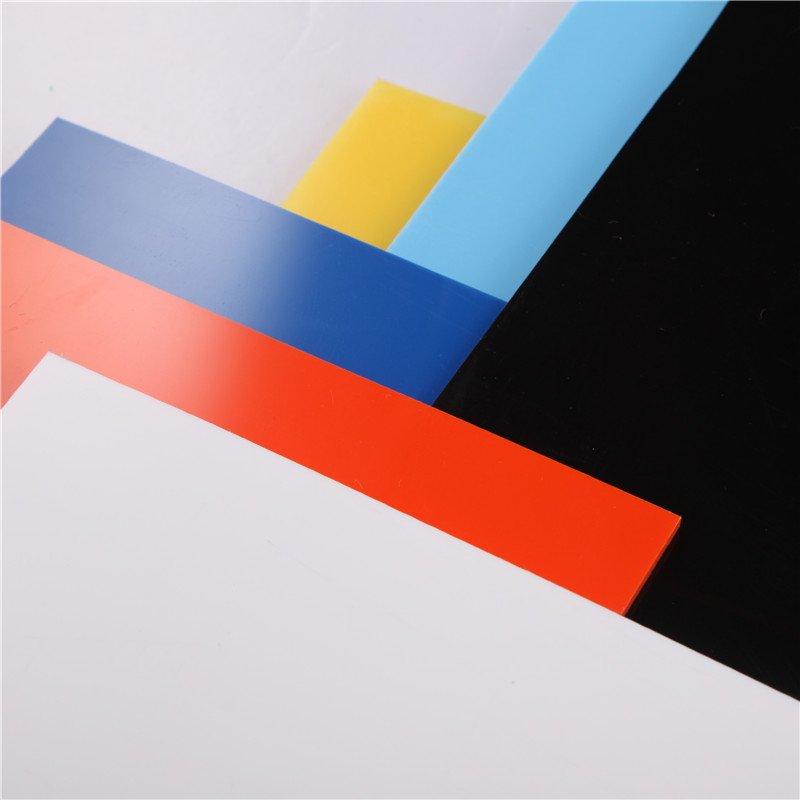Jul . 27, 2024 13:56 Back to list
Creating Effective Strategies for Achieving Results with pp plate in Various Applications
Understanding PP Plates A Versatile Material for Various Applications
Polypropylene (PP) plates have gained significant popularity in various industries due to their versatility, durability, and cost-effectiveness. As a thermoplastic polymer, polypropylene is known for its excellent chemical resistance, lightweight nature, and the ability to be molded into different shapes. These characteristics make PP plates a preferred choice in many applications, from packaging to construction.
Composition and Properties of PP Plates
PP plates are made from polypropylene, a polymer that is derived from petroleum. They exhibit a high degree of rigidity and toughness, making them suitable for both indoor and outdoor use. Some of the key properties of PP plates include
1. Chemical Resistance PP plates are resistant to a wide range of chemicals, including acids, alkalis, and many solvents. This makes them an excellent choice for industries such as chemical processing and laboratories, where exposure to hazardous substances is common.
2. Lightweight Being lightweight yet durable, PP plates are easy to handle and transport, reducing shipping costs and making them ideal for various applications, including automotive components and packaging solutions.
3. Weather Resistance PP plates can withstand environmental stress factors like UV radiation and moisture, making them suitable for outdoor applications. They won't degrade or lose their mechanical properties when exposed to sunlight or rain.
4. Thermal Stability The material can withstand temperatures up to around 100°C without significant deformation. This thermal stability allows for its use in applications that involve heat.
5. Recyclability Being an eco-friendly option, PP plates are recyclable, contributing to sustainability and reducing environmental impact. This makes them a preferred material choice in industries focusing on green practices.
pp plate

Applications of PP Plates
The versatility of PP plates leads to a broad range of applications across various sectors
- Packaging In the packaging industry, PP plates are widely used for creating containers, boxes, and lids. Their lightweight nature and durability ensure that products remain safe during transportation.
- Construction PP plates are utilized in construction for temporary structures, scaffolding, and even as substrates for signs and displays. Their weather resistance makes them particularly suitable for outdoor applications.
- Automotive Industry These plates are used in the automotive sector for interior components, dashboards, and protective panels, due to their lightweight and sturdy nature which aids in fuel efficiency.
- Medical Applications The medical industry employs PP plates for various applications including packaging for sterile products, trays, and equipment casings. Their chemical resistance is crucial in this sector where cleanliness and hygiene are paramount.
- Consumer Products From household items like storage containers to office supplies, PP plates are ubiquitous in consumer goods. Their versatility in design allows for a variety of colors and finishes, enhancing aesthetic appeal.
Conclusion
In conclusion, PP plates are an exceptional material that combines durability, cost-effectiveness, and environmental sustainability. Their unique properties make them suitable for a wide range of applications across numerous industries. As technology and innovations continue to evolve, it is likely that the usage of PP plates will expand even further, solidifying their place as a crucial material in the modern economy. Whether you are involved in manufacturing, construction, or any other field, considering PP plates as an option can lead to more efficient and sustainable practices. Their practicality, coupled with a commitment to eco-friendliness, positions PP plates as a smart choice for the future.
-
High-Quality PPR Pipes and Fittings Durable ERA PPR & PVC PPR Solutions
NewsJul.08,2025
-
Black HDPE Cutting Board - Durable, Non-Porous & Food Safe HDPE Plastic Cutting Board
NewsJul.08,2025
-
High-Quality CPVC Panel Durable HDPE & PVC Panels Supplier
NewsJul.08,2025
-
Double PE Welding Rod Supplier - High Strength, Durable & Versatile Welding Solutions
NewsJul.07,2025
-
High-Quality PVC-O Pipe Supplier Durable 75mm PVC Pipe & Connections Leading PVC Pipe Company
NewsJul.07,2025
-
HDPE Drainage Pipe Supplier – Durable & Corrosion-Resistant Solutions
NewsJul.06,2025

